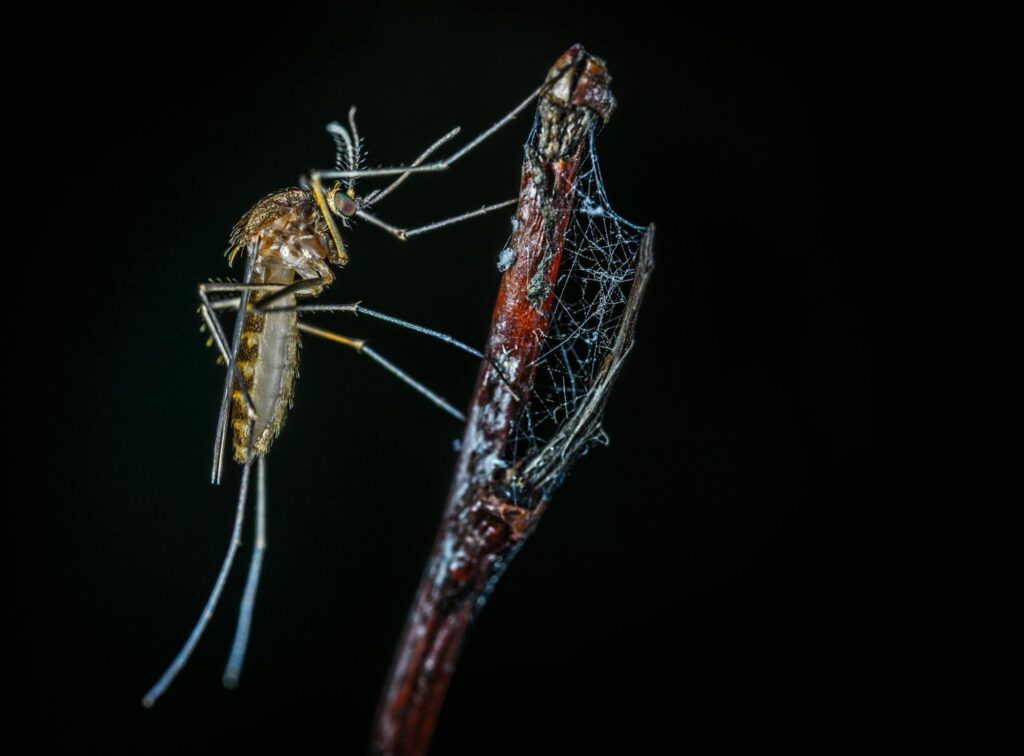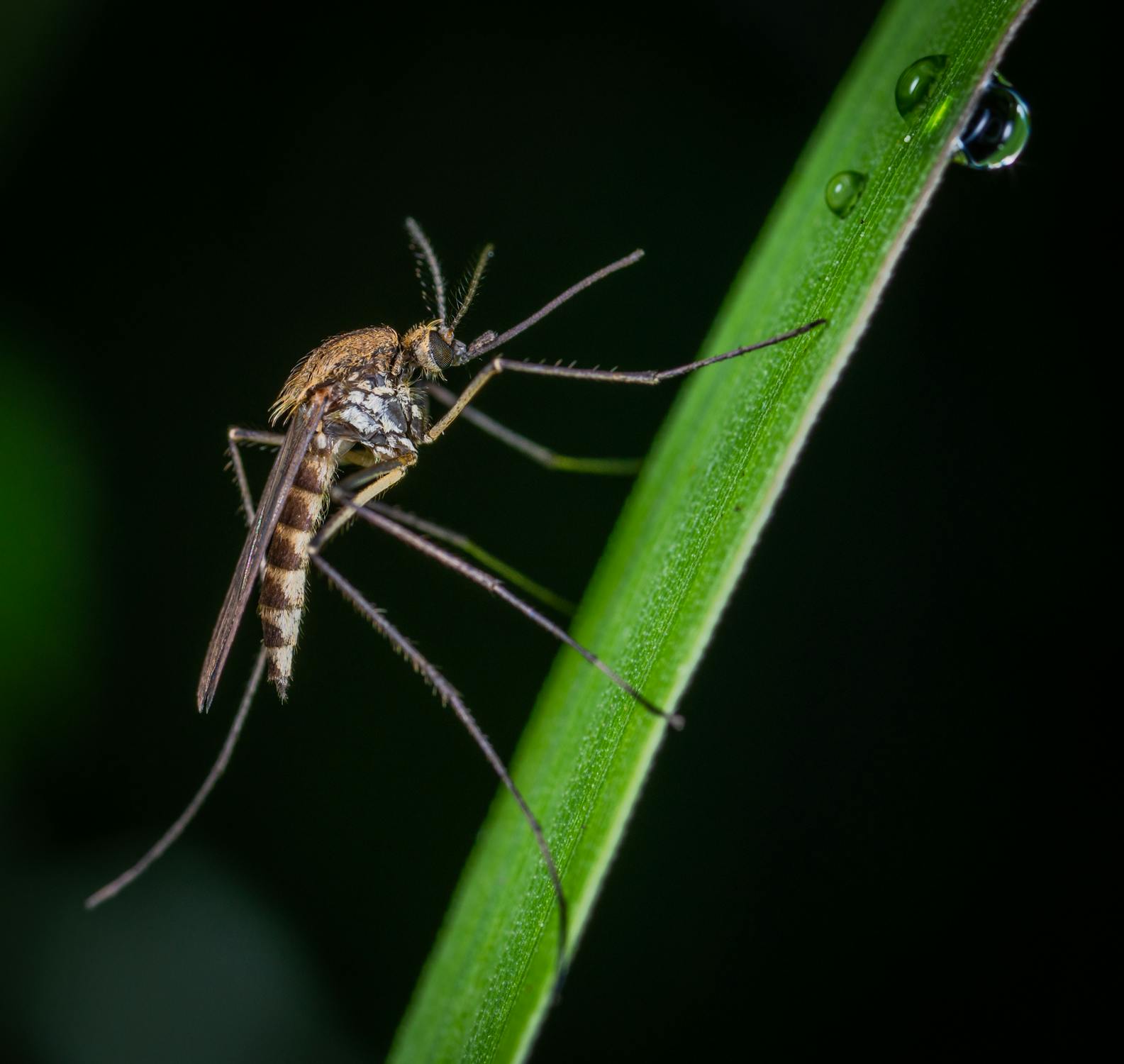The Fascinating World of Mosquitoes: Balancing Benefits and Risks

Mosquitoes, those tiny, persistent insects, often provoke annoyance and concern due to their irritating bites and potential role in disease transmission. Yet, despite their negative reputation, mosquitoes serve essential ecological roles and can offer intriguing insights into the delicate balance of our environment.
The Benefits of Mosquitoes:
- Ecological Nourishment: Mosquitoes are part of a complex food web. Their larvae provide sustenance for fish, frogs, and other aquatic organisms. Adult mosquitoes are a vital food source for birds, bats, and other insect-eating animals, thus contributing to biodiversity.
- Pollination: While not major pollinators like bees, certain mosquito species do contribute to the pollination of plants, particularly in wetland ecosystems where they are abundant.
- Wetland Maintenance: Mosquitoes thrive in wet habitats and stagnant water. Their presence helps regulate these environments, contributing to the balance of wetland ecosystems.
The Dangers of Mosquitoes:
- Disease Transmission: Perhaps the most well-known risk associated with mosquitoes is their ability to transmit diseases. Mosquito-borne illnesses include:
- Malaria
- Dengue fever
- Zika virus
- West Nile virus
- Chikungunya
- Yellow fever
- Allergic Reactions: Mosquito bites can cause allergic reactions in some individuals, resulting in itching, swelling, and discomfort.
- Impact on Pets: Mosquitoes can also pose risks to pets. Dogs, for instance, can suffer from heartworm disease transmitted by mosquitoes. Heartworm larvae are injected into the dog’s bloodstream during a mosquito bite, eventually developing into adult worms that can cause severe health issues.
Protecting Pets from Mosquito Bites:
To safeguard dogs from mosquito-borne diseases like heartworm:
- Use Preventative Medication: Veterinarians recommend regular administration of heartworm preventive medications, particularly in mosquito-prone areas.
- Reduce Exposure: Minimize outdoor activities during peak mosquito hours (dawn and dusk), and ensure that pets have access to mosquito-free indoor environments.
- Insect Repellents: Use pet-safe mosquito repellents or collars designed to repel mosquitoes.
Conclusion:
While mosquitoes undeniably pose health risks and nuisances to humans and animals alike, they are also a fundamental component of our ecosystem. Balancing efforts to mitigate their negative impacts with a broader understanding of their ecological role is crucial. By implementing effective protective measures and fostering awareness, we can coexist with these buzzing creatures while safeguarding our health and the health of our beloved pets.






